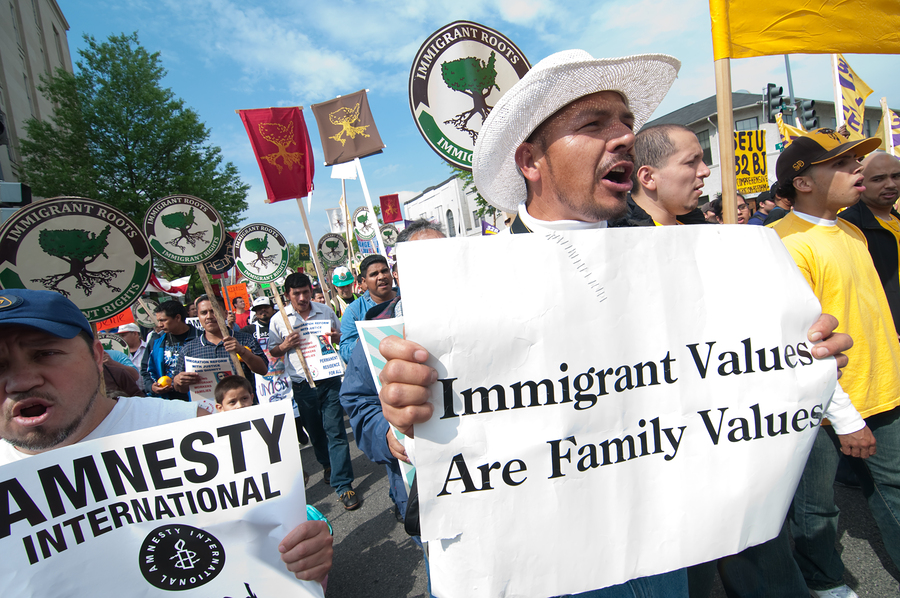
President’s 2014 Executive Action has understandably generated a lot of excitement as well as controversy. We have even heard it referred to as “Obamesty.” However, make no mistake about it: what President Obama announced is far from amnesty. Amnesty is essentially an official governmental pardon. In the immigration context, we often think of what President Reagan did for millions of illegal immigrants in 1986. To be more precise, though, President Reagan signed into law The Immigration Reform and Control Act (IRCA), which was actually a bill passed by Congress that legalized illegal immigrants who entered the country before January 1, 1982 and who satisfied other eligibility grounds, such as security checks and a minimum level of English.
President Obama’s Executive Action, on the other hand, is something totally different: it is an exercise of his Presidential powers that he has decided to use because Congress cannot pass a bill (as it did back in 1986). Most constitutional scholars agree that the executive action passes constitutional muster and the White House obviously explored the reach of its powers before announcing the order. (The New York Times recently discussed this in an illuminating article.) In any case, the Executive Action merely expands DACA to include more individuals who came here before the age of 16 and creates a new program DAPA to provide relief to undocumented parents of US Citizens and green card holders. However, neither DACA nor DAPA provide a pathway to permanent residence. (The media always talks about a “pathway to citizenship,” but one must obviously become a permanent resident before one can try to become a citizen.) Deferred Action, by itself, does not confer legal permanent residence, and it expires after three years. Compare this with real amnesty where the applicant actually receives a green card. In fact, many DACA people as well as prospective DAPA people will understandably carry with them the apprehension of the unknown: what will happen when the deferred action expires? What will happen when the new President comes into office? Will they then be deported or targeted? These are legitimate concerns, even if unlikely.
Nevertheless, the effect of President Obama’s Order cannot be overemphasized. It potentially impacts millions of people here in the US, who will soon be encouraged to come forward and register. Opponents will continue to decry and mislabel President Obama’s action as amnesty, but more often than not, they are merely expressions and instigations of nativism. President Obama’s challenge to Republicans to pass a bill should not be seen as a taunt; it is more a passionate plea to fix what is broken with the system. The extent of an Executive Action is limited, and notwithstanding the tremendous relief that it has given to approximately five million people, there are just as many who were left out of the order, such as undocumented parents of DACA children as well as those who are undocumented but do not have children. Congress does need to take this further and construct a system that balances accountability, fairness, and humanity.
